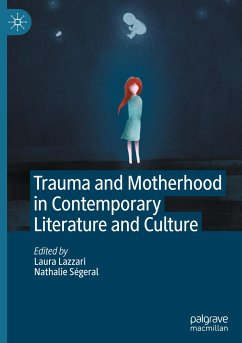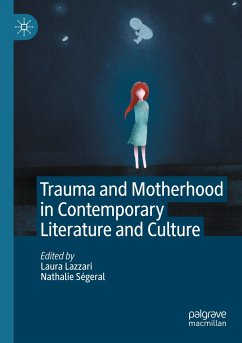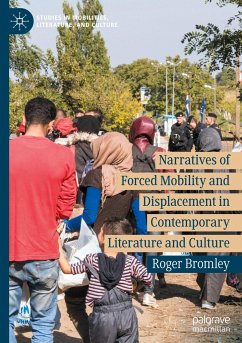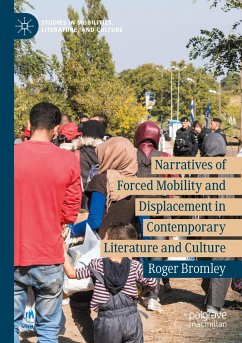
The Ethics of Survival in Contemporary Literature and Culture

PAYBACK Punkte
57 °P sammeln!
The Ethics of Survival in Contemporary Literature and Culture delves into the complex problems involved in all attempts to survive. The essays analyze survival in contemporary prose narratives, short stories, poems, dramas, and theoretical texts, but also in films and other modes of cultural practices. Addressing diverse topics such as memory and forgetting in Holocaust narratives, stories of refugees and asylum seekers, and representations of war, the ethical implications involved in survival in texts and media are brought into a transnational critical discussion. The volume will be of potent...
The Ethics of Survival in Contemporary Literature and Culture delves into the complex problems involved in all attempts to survive. The essays analyze survival in contemporary prose narratives, short stories, poems, dramas, and theoretical texts, but also in films and other modes of cultural practices. Addressing diverse topics such as memory and forgetting in Holocaust narratives, stories of refugees and asylum seekers, and representations of war, the ethical implications involved in survival in texts and media are brought into a transnational critical discussion. The volume will be of potential interest to a wide range of critics working on ethical issues, the body, and the politics of art and literature.














